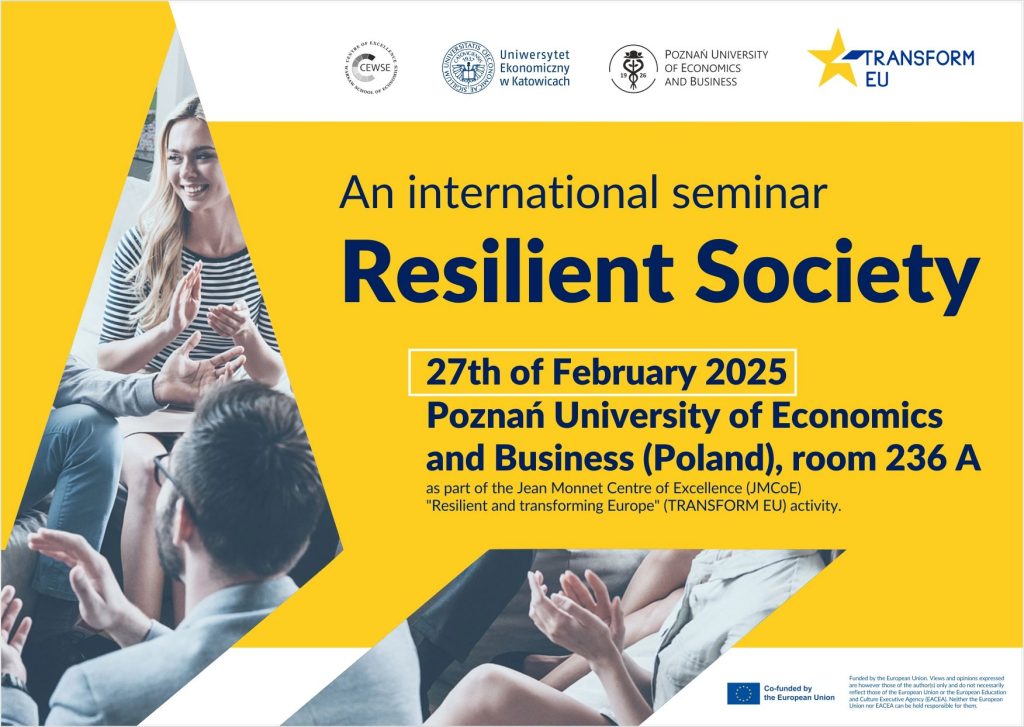
An international seminar entitled „Resilient Society” took place at the Poznań University of Economics and Business on February 27th.
The seminar started at 11.00 am and was opened by Prof. Ida Musiałkowska (PUEB), Coordinator of the JMCoE „Resilient and Transforming Europe” project, Prof. Marcin Anholcer, Vice-Rector of PUEB for Research and Prof. Piotr Trąpczyński (PUEB), Director of the Institute of International Business and Economics. They all stressed the significance of the problem of building a resilient society and our university’s commitment to this topic, which is crucial for sustainable development.
Three prominent specialists accepted our invitation and discussed different aspects of building a resilient society.
Prof. Barbara Borusiak performed as the first speaker. She is an associate professor at the Poznań University of Economics and Business (Poland), head of the Department of Commerce and Marketing in the Institute of Marketing, Participant of several Erasmus+ Strategic Partnership projects, coordinator of international project “Central European Network for Sustainable and Innovative Economy” (2019-2022), local coordinator of CEEPUS network, leader of Sustainable food consumption group within Consumer Perception working group of Global Harmonization Initiative. Her scientific interests are consumers, behaviour, sustainable consumption, the concept of degrowth, and alternative retail formats. She is also the head of the Foundation “Magazyn Dobra” – the owner of a charity store in Poznań.
In her presentation, Prof. Barbara Borusiak looked for an answer to whether sustainable consumption can lead to a resilient society. In particular, she argued why unsustainable consumption leads to an unresilient society and how sustainable consumption may support a resilient society building. In this context, she explored such phenomena as deconsumption, minimalism and degrowth. She explained many forms and examples of sustainable consumption, like technology-based products, organic products or Fair Trade products, representing the trend of consumption of green products and sharing economy products (rented, second-hand), lifespan extension, and reduced consumption, representing the trend of deconsumption. Examples and cases Prof. Barbara Borusiak explored gave a broad picture of different ways in which sustainable consumption may influence the building of social resilience.
The second speaker was Prof. Sonia De Gregorio Hurtado. She works at the Department of Urban and Spatial Planning at the School of Architecture, Universidad Politécnica de Madrid (UPM), where she coordinates the PhD Programme in Urban Sustainability and Regeneration. Her research focuses on the urban dimension of the EU and national policies, applying a multi-level and comprehensive approach.
In her presentation, prof. Sonia de Gregorio Hurtado focused on the essential role of urban areas in fostering resilience within the European Union. She started by emphasising European cities’ demographic, territorial, and political significance, noting that a substantial portion of the EU population resides in urban areas, forming a polynuclear network across the continent. The core of her presentation focused on the concept of “Urban Paradise,” which she used to describe cities as both the sources of contemporary challenges and critical actors in implementing solutions. Therefore, prof. Sonia de Gregorio Hurtado emphasised the need for urban areas to be actively involved in the decision-making processes that shape the European Green Deal.
She argued for creating explicit connections between urban policies and broader EU objectives to ensure that cities can effectively contribute to and benefit from these policies. Throughout her presentation, Hurtado stressed the transformative power of cities, suggesting that they are not only affected by policies but are essential partners in driving change. She advocates for more significant support for urban areas, particularly in fostering local capacities and integrating them more deeply into the governance framework of the European Green Deal to enhance their ability to address and adapt to contemporary ecological and socio-economic challenges.
Katarzyna Ptak Bufkens was the third speaker to deliver her presentation. She is the policy officer in the Unit in charge of the State of Health, European Semester and Health Technology Assessment in the European Commission, Directorate-General for Health and Food Safety (DG SANTE). She coordinates EU actions on health workforce access to healthcare and contributes to the Unit’s work on health systems for France, Luxembourg and Spain. Her presentation revolved around the resilience of health systems within the EU, emphasising the challenges posed by the health workforce and the EU’s strategies to support and strengthen these systems.
Katarzyna Ptak Bufkens highlighted that while individual Member States have primary responsibility for health systems, the EU plays a crucial role in coordinating and supporting efforts to improve public health, prevent and manage diseases, and ensure health systems’ resilience to shocks and structural changes. The presentation also introduced the concept of resilience in health systems, defining it as the capacity to absorb and adapt to shocks and changes, ensuring the continued delivery of well-being without compromising future generations.
One of the key current challenges facing the EU is the significant shortage of the health workforce. The ageing population across the EU places further demands on these health systems, affecting workforce dynamics and service delivery. However, fewer students report aspirations to develop their careers as health professionals, which seems to be a big challenge for the entire EU. Hence, the EU’s comprehensive strategy is required to support member states in enhancing the effectiveness of health service delivery and policy implementation.
After the short break, the second part of the seminar—a discussion with the panellists and the audience—started.
Many interesting questions were asked during this session, and many participants shared their insights and reflections. The panellists asked each other questions, and there were also many questions from the floor.
Prof. Piotr Idczak and Dr Magdalena Śliwińska from the European Integration Department of PUEB chaired both the plenary session and the discussion with panellists and the audience.
Both the Plenary Session and the Discussion between the panellists and the audience led to some critical conclusions. First, the notions of resilient society and social resilience should be understood broadly, as they relate to a very complex and comprehensive phenomenon, which may be understood differently and affected by numerous factors. Second, building a resilient society constitutes a considerable challenge and demands the engagement of both top-down (government) activities and bottom-up initiatives and actions. It means that we all, every one of us, are to some extent responsible for building our own and, as a consequence, social resilience.
At the end, all three speakers shared their closing remarks with the audience. The seminar was summed up and closed by Prof. Ida Musiałkowska.
The seminar programme is available for download <<< seminar programme >>>
Participation in the seminar was free of charge.
Look at the photo gallery
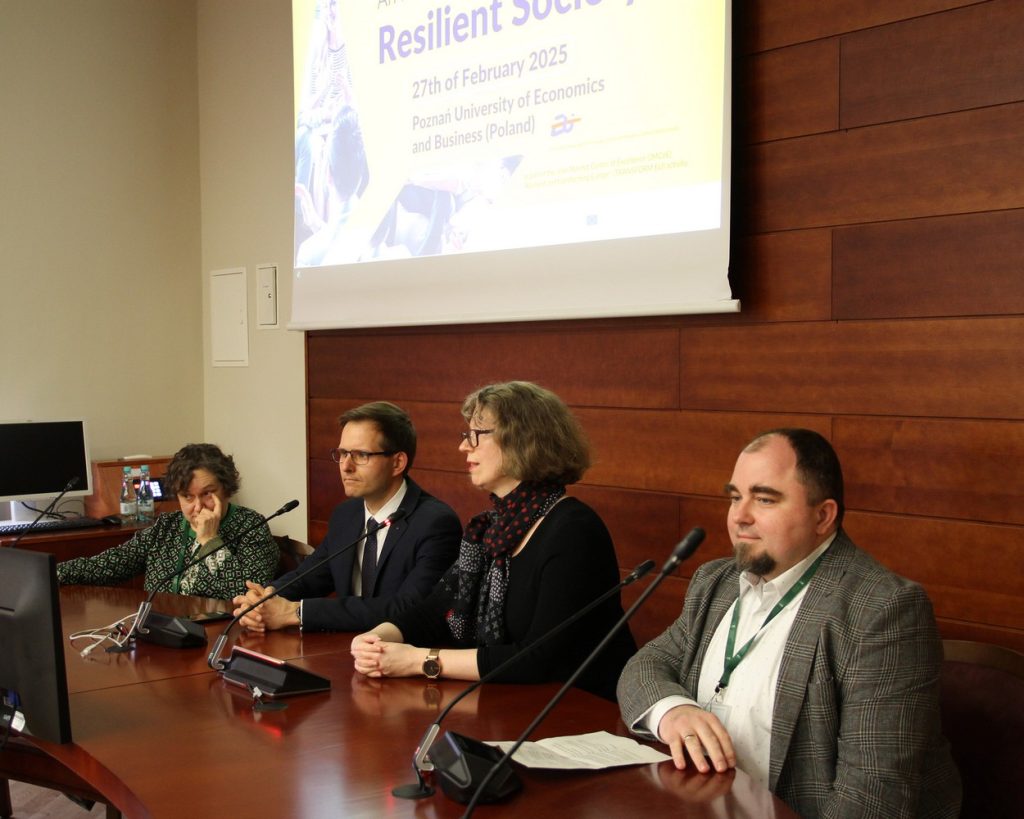
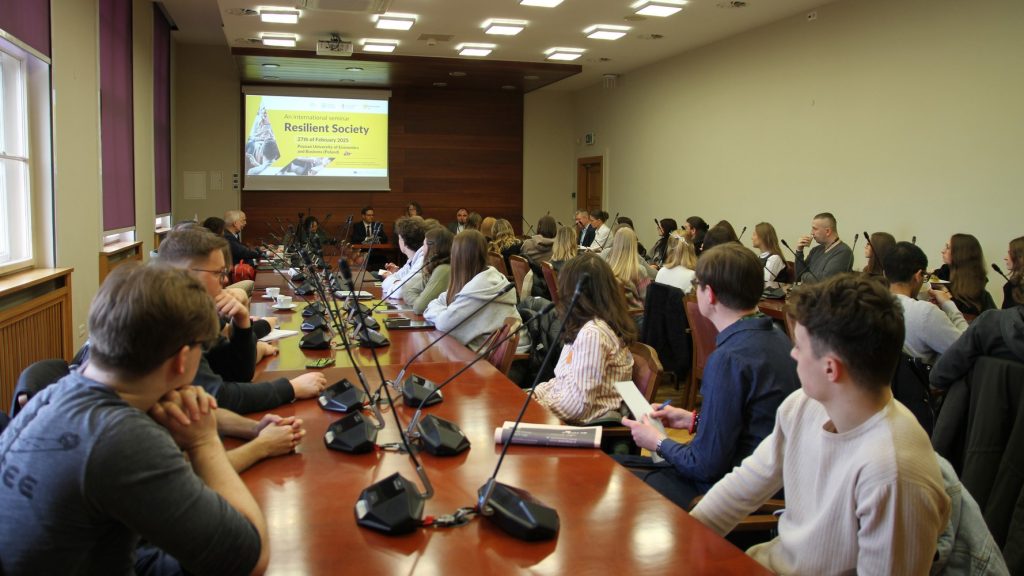
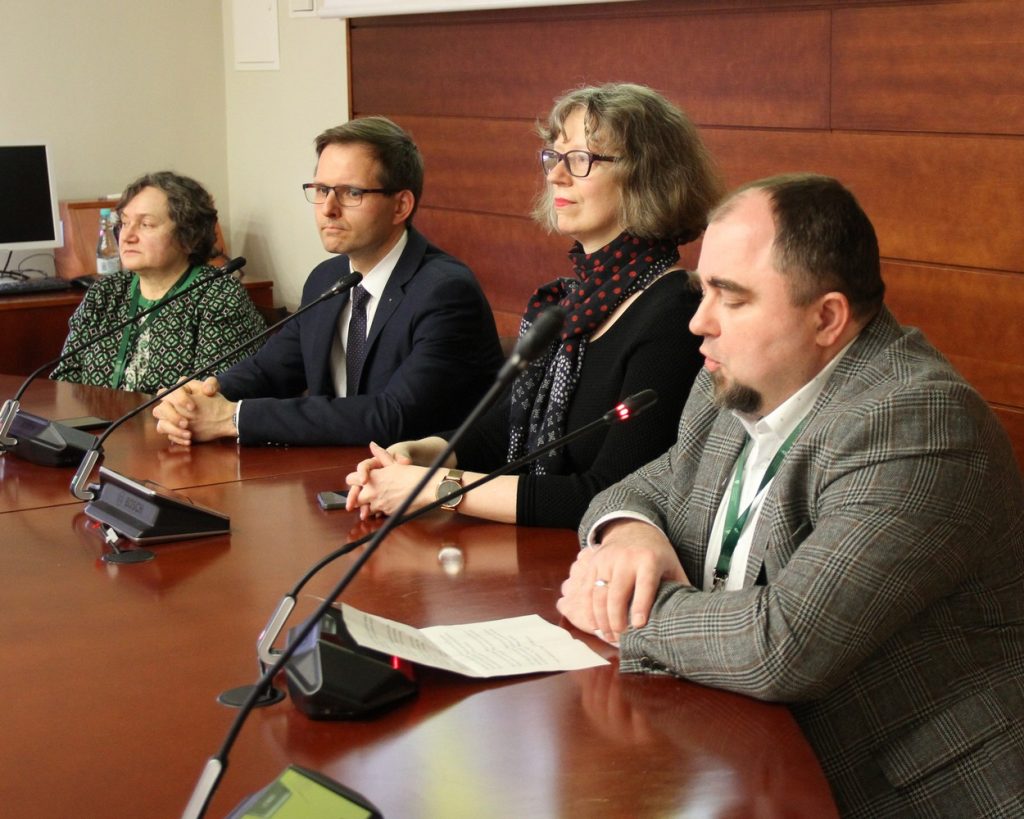
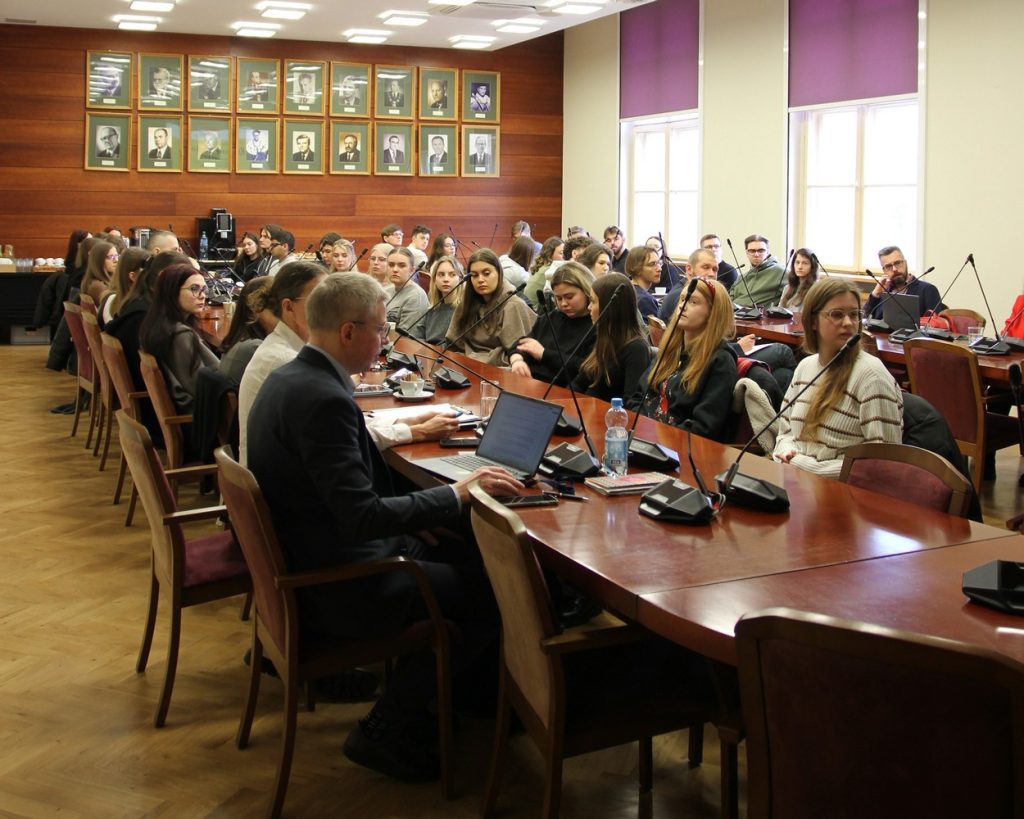
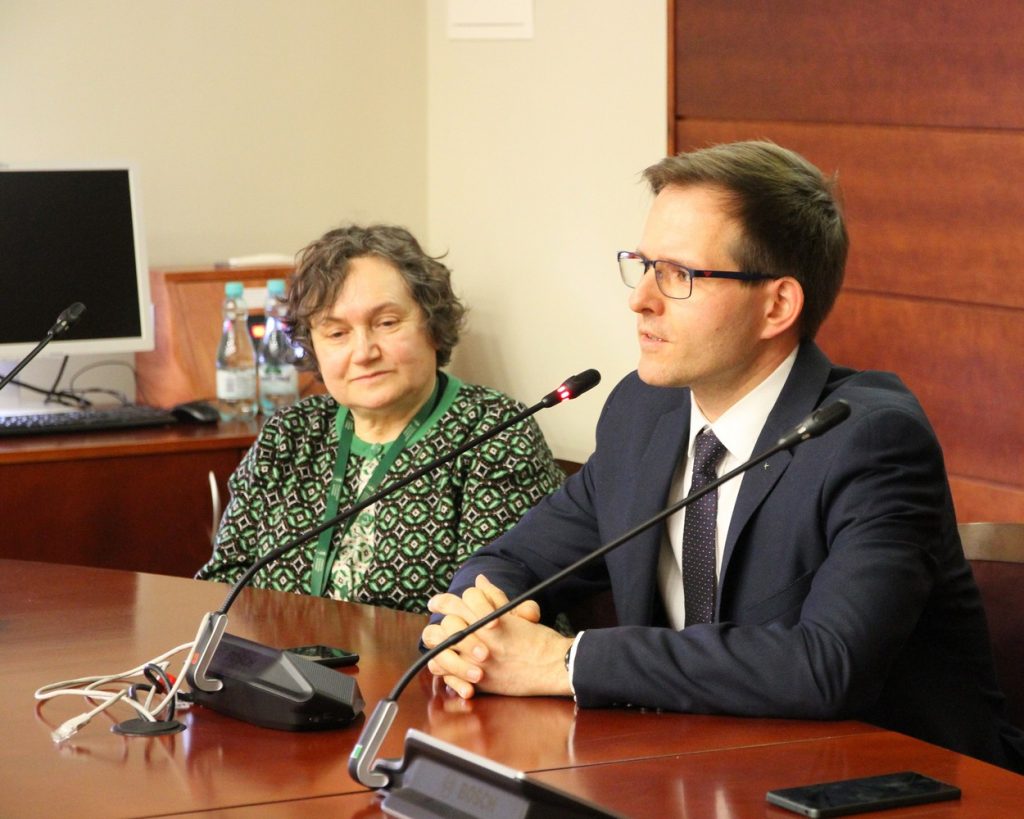
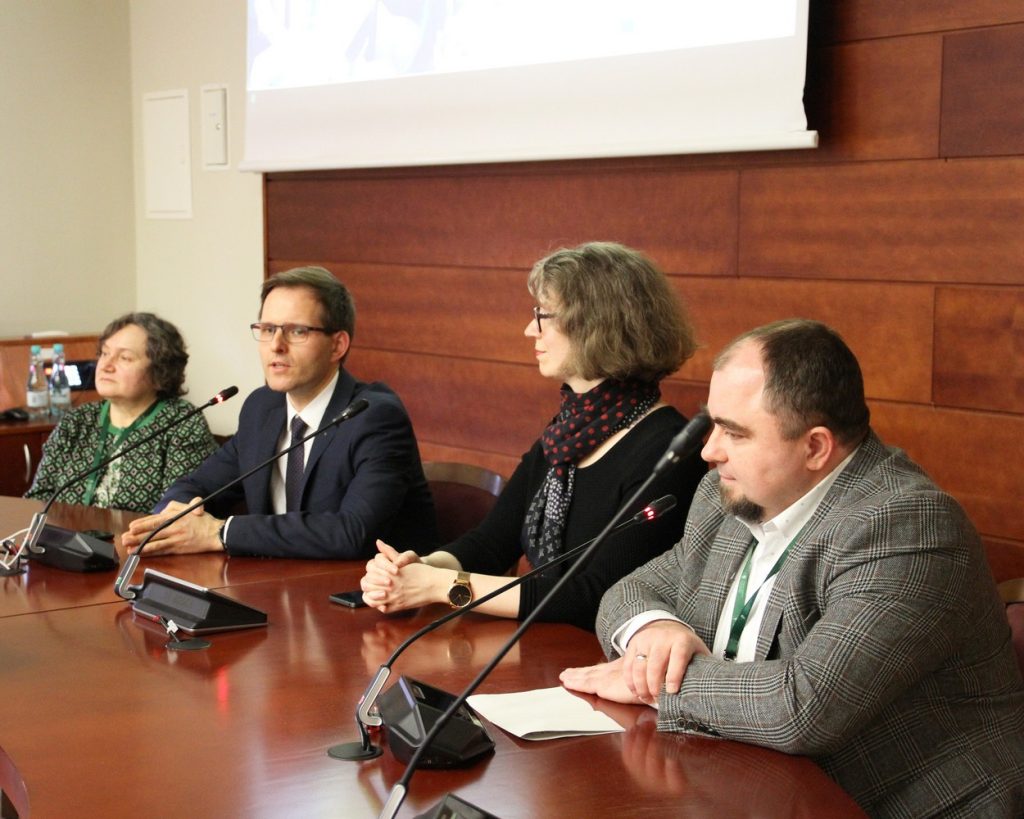
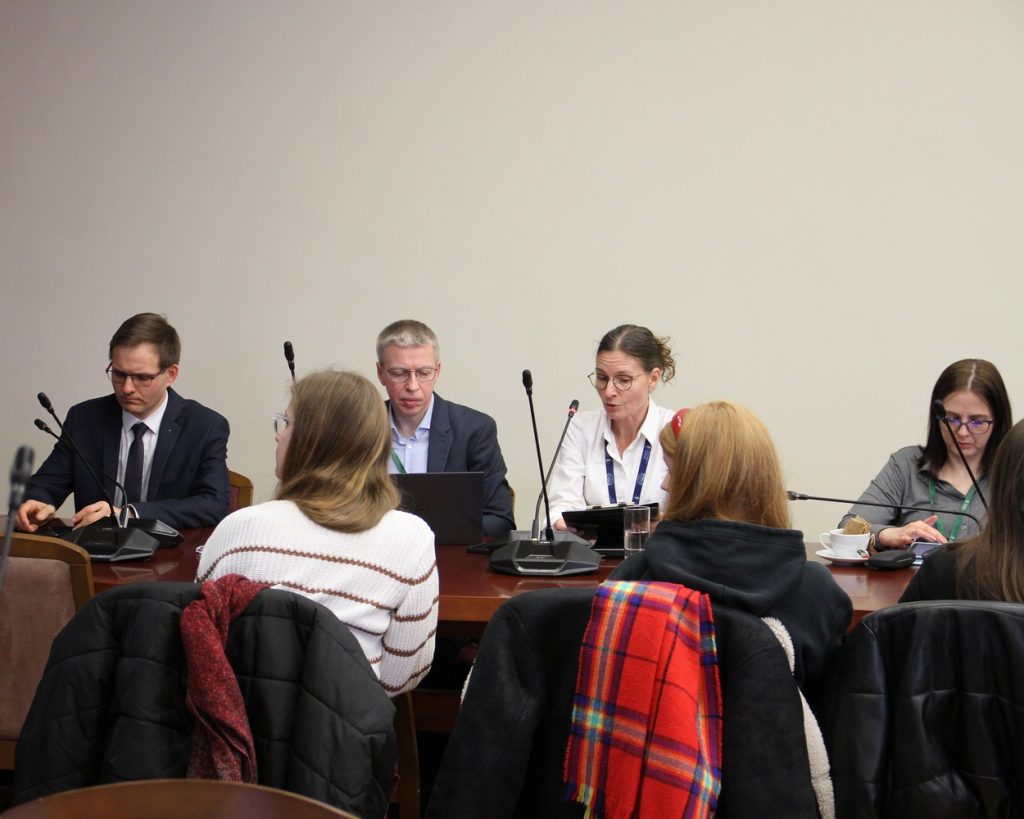
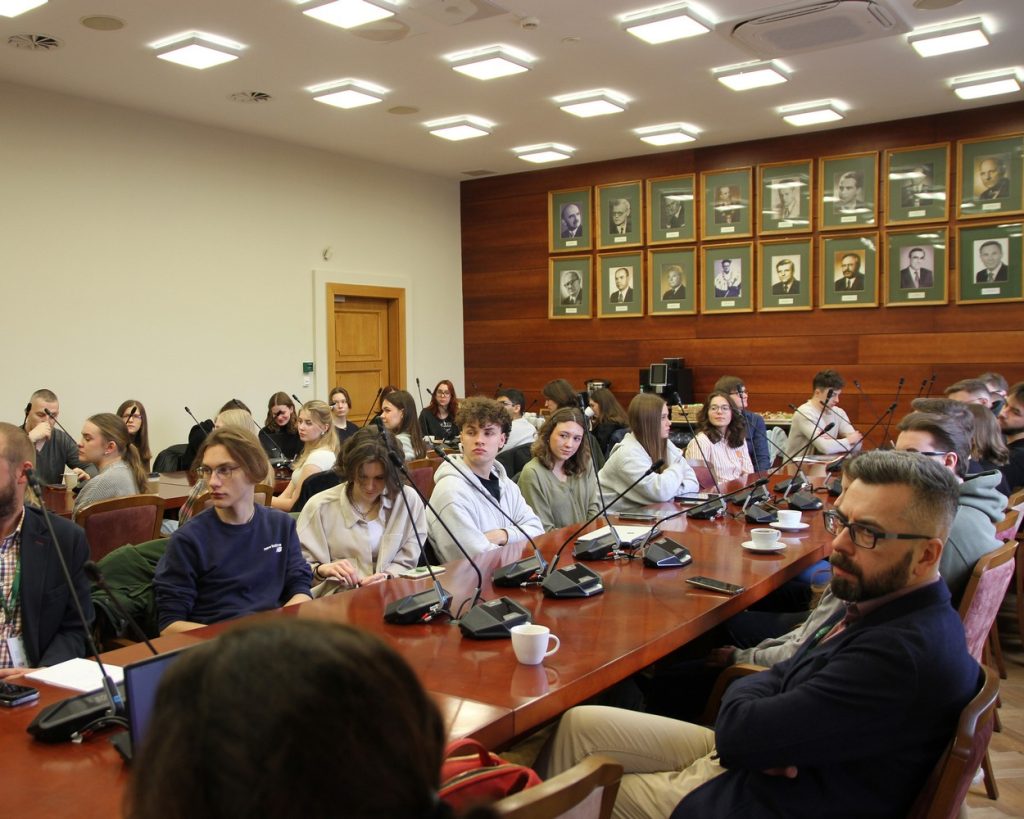
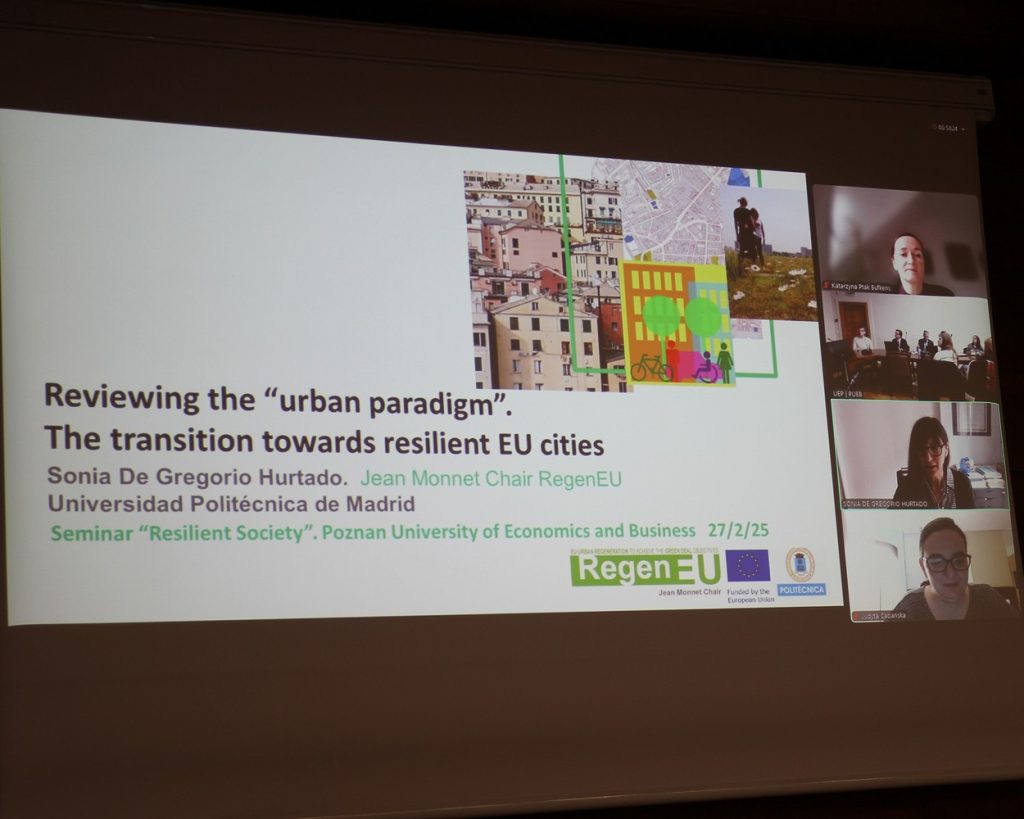
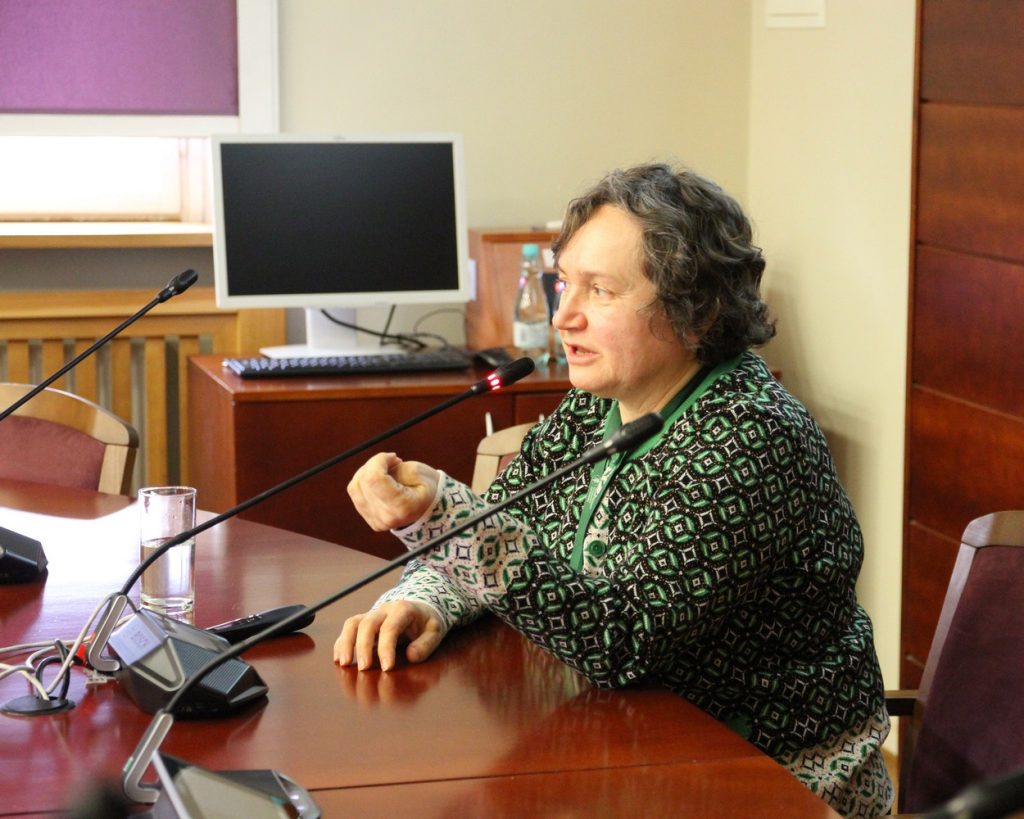
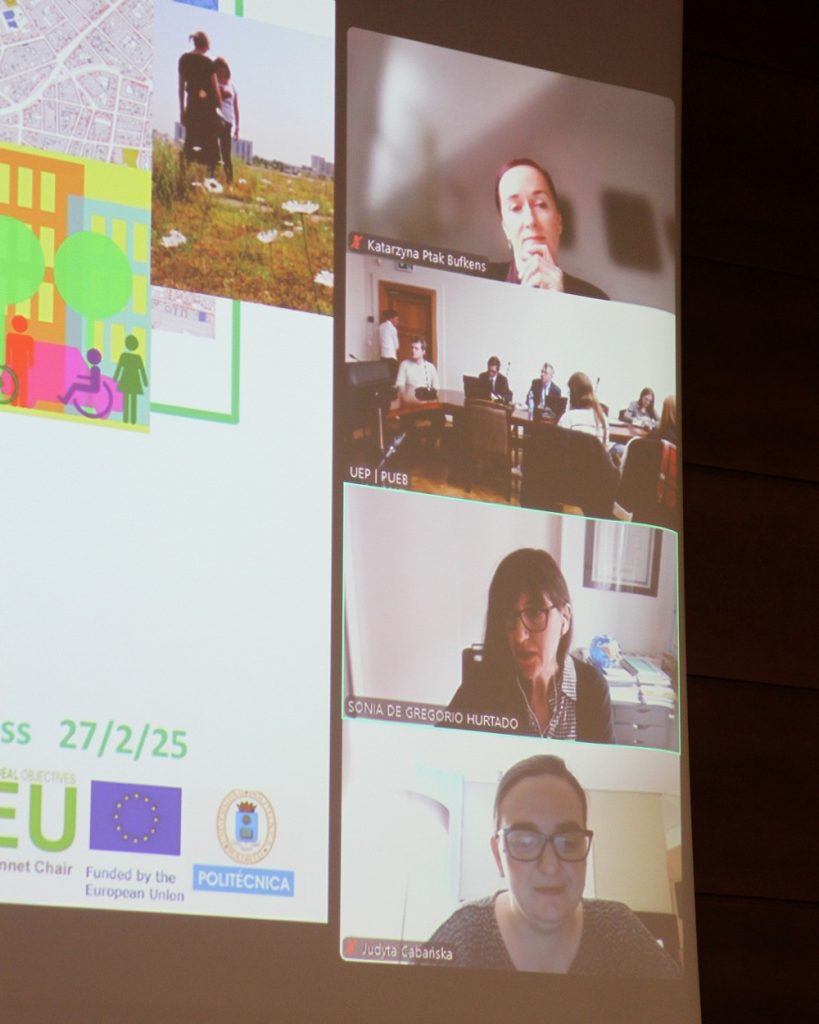
Event under the Patronage of the Polish Presidency of the Council of the European Union
